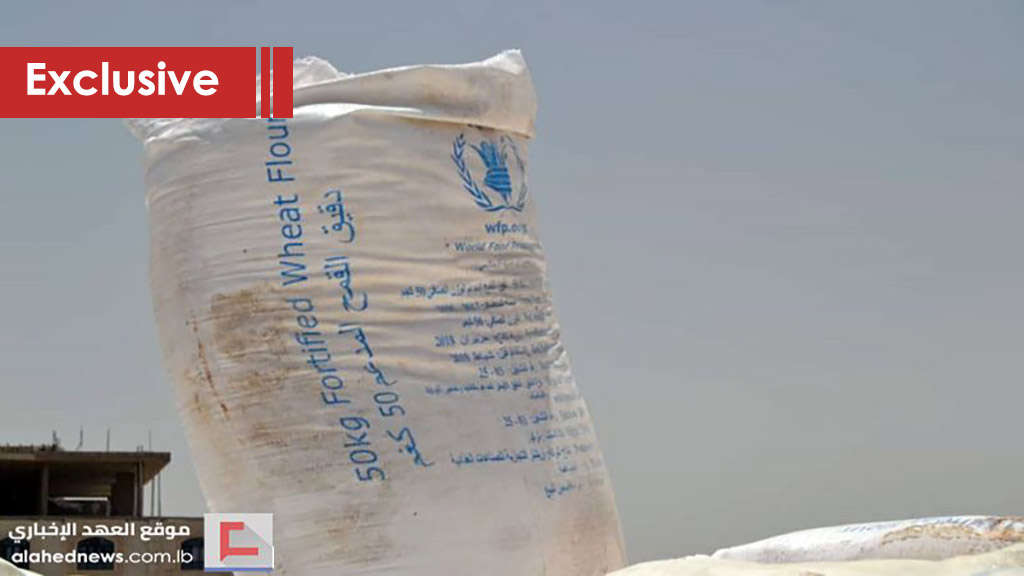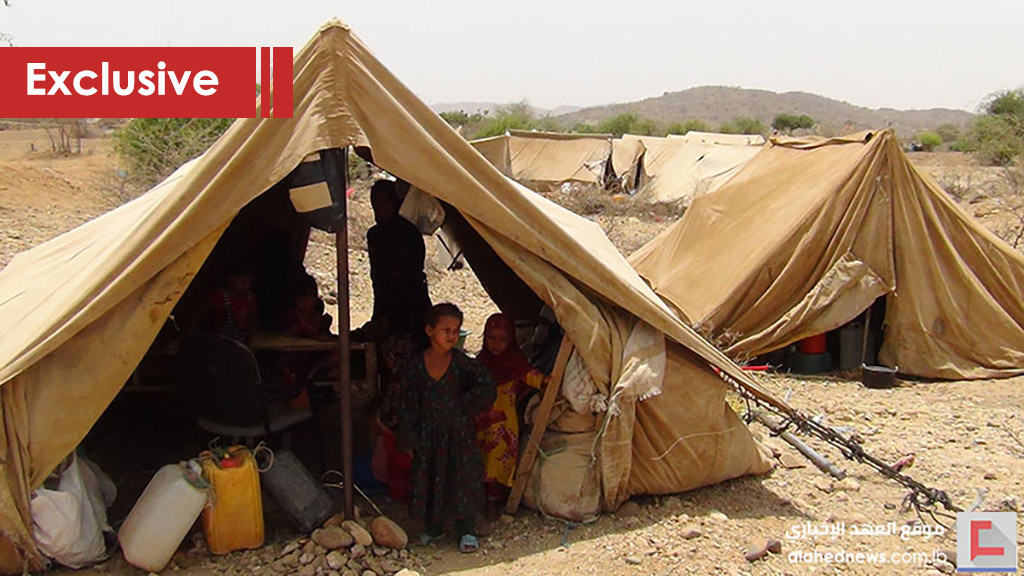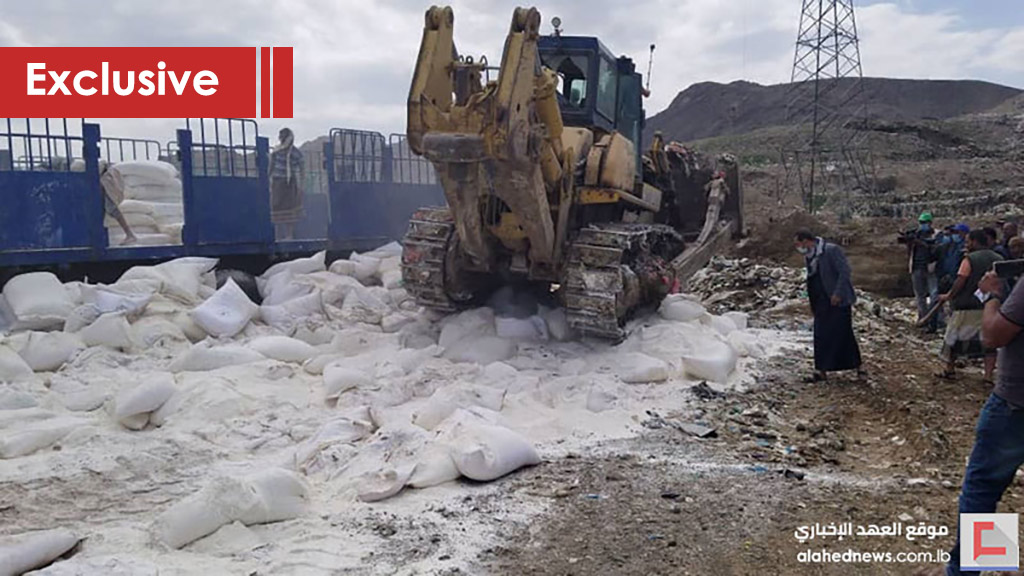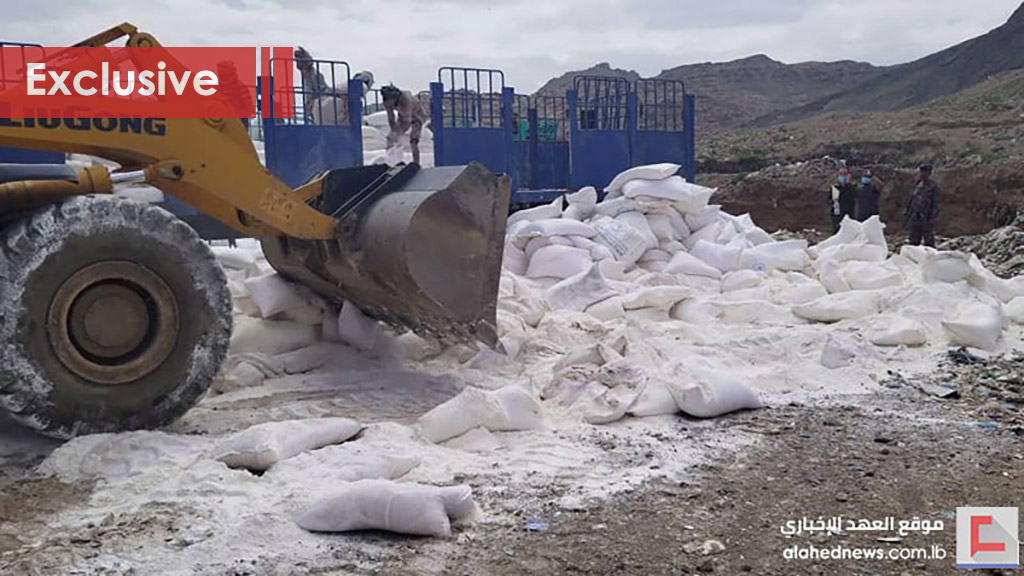Yemen and the Politicized Relief: Conditional ’Humanitarian’ Aid!
By Saraa al-Shahari
Throughout Yemen’s lean years, the US-Saudi aggression has been targeting all forms of life.
The Saudi-led coalition’s air raids are striking agricultural crops, livestock, food stores, food tankers and trucks, water projects, and other infrastructure. The United Nation’s World Food Program (WFP) storages were not spared from the bombing. WFP stores in Hajjah Province’s Haradh district came under attack on May 28, 2015, during the first few months of the aggression.
Whoever was not affected by the coalition’s bombing campaign was starved by its siege. This was mass punishment adopted by the coalition states as they ignored international law and human rights. According to UN reports, the number of people in need of humanitarian assistance has risen to 22.2 million out of the total 29.3 million Yemenis, or more than 90% of the population.
According to the fifth report of the Yemeni Center for Human Rights, 11.3 million people are classified as most in need. Since June 2017, more than one million people were found to be in greatest need, and 17.8 million people are food insecure.
According to a report by the United Nations Food and Agriculture Organization (FAO), 60% of Yemeni families lack access to adequate food. There is a decrease in the volume of daily food consumption and people are purchasing cheap food that is about to expire.
The reality of the role of relief organizations in Yemen:
Amid this catastrophic situation, classified as the world’s worst humanitarian crisis, the aid provided by international organizations is insufficient. Assistance does not help alleviate the suffering despite constant boasting about the number of people receiving aid.
Why is there a wide gap between the massive numbers that international organizations are talking about and the reality on the ground? Is this aid actually arriving? Is the aid reaching those in need?
Those questions were asked by the Director General of the Media Department of the Supreme Council for Humanitarian Affairs, Hana Al-Wajih, when she sat down with Al-Ahed.
The World Food Program declared it is providing assistance to 12 million Yemenis. The aid has always been accompanied by threats, pressure, and conditions. And much of the aid arrived rotten and expired.
Al-Wajih tells Al-Ahed about Yemenis accepting spoiled aid. “One time, one of our officials spoke to the WFP telling them that even if 2% of the little aid you are giving us is rotten, we do not need anything that increases the suffering of these people.”
The WFP has previously stated that its assistance does not reach its beneficiaries and blamed it on the National Salvation Government. According to Al-Wajih, “providing food is specifically carried out by the WFP and its partners, and the government does not interfere in the selection, preparing the lists, or the distribution. So, when it talks about aid not reaching those who deserve it, it should ask itself.”
Al-Wajih explains that "the WFP exerted pressures and threats, one of which was yielding to all its conditions or aid will stop." She stressed that "there is no compromise and the Yemeni nation will not forsake its sovereignty. It has given many martyrs."
These threats coincided, more than once, with the victory of the Yemeni army and its popular committees on the battlefield. The recent threat of the United Nations to suspend all aid was accompanied by the victories of the Yemeni army and the popular committees in Nehm and Jawf.
"We will not forsake sovereignty and dignity or give concessions in return for this assistance, and I believe that the organizations are now fully aware that the Yemeni people cannot be force to bow down," Al-Wajih concludes.








